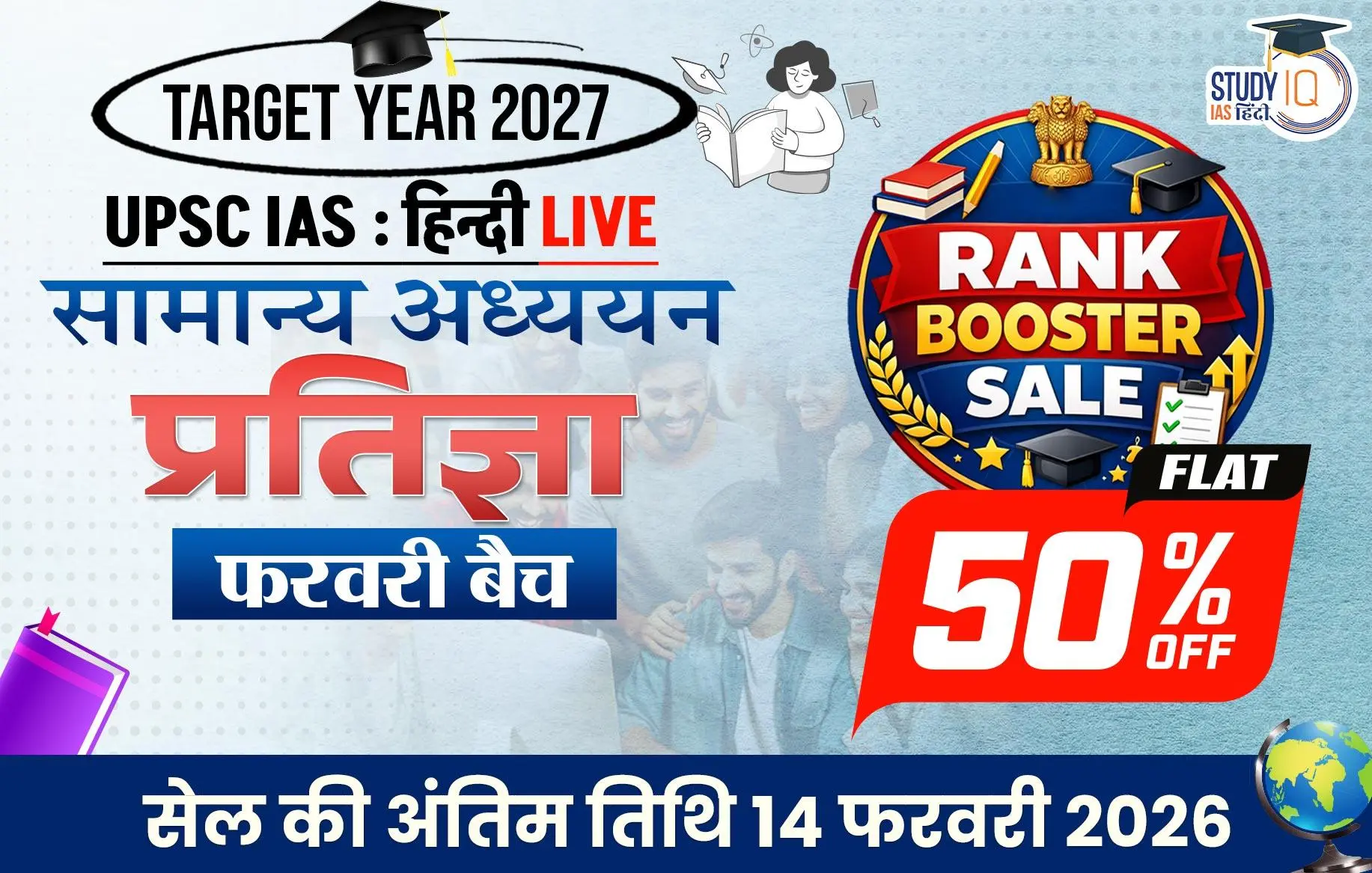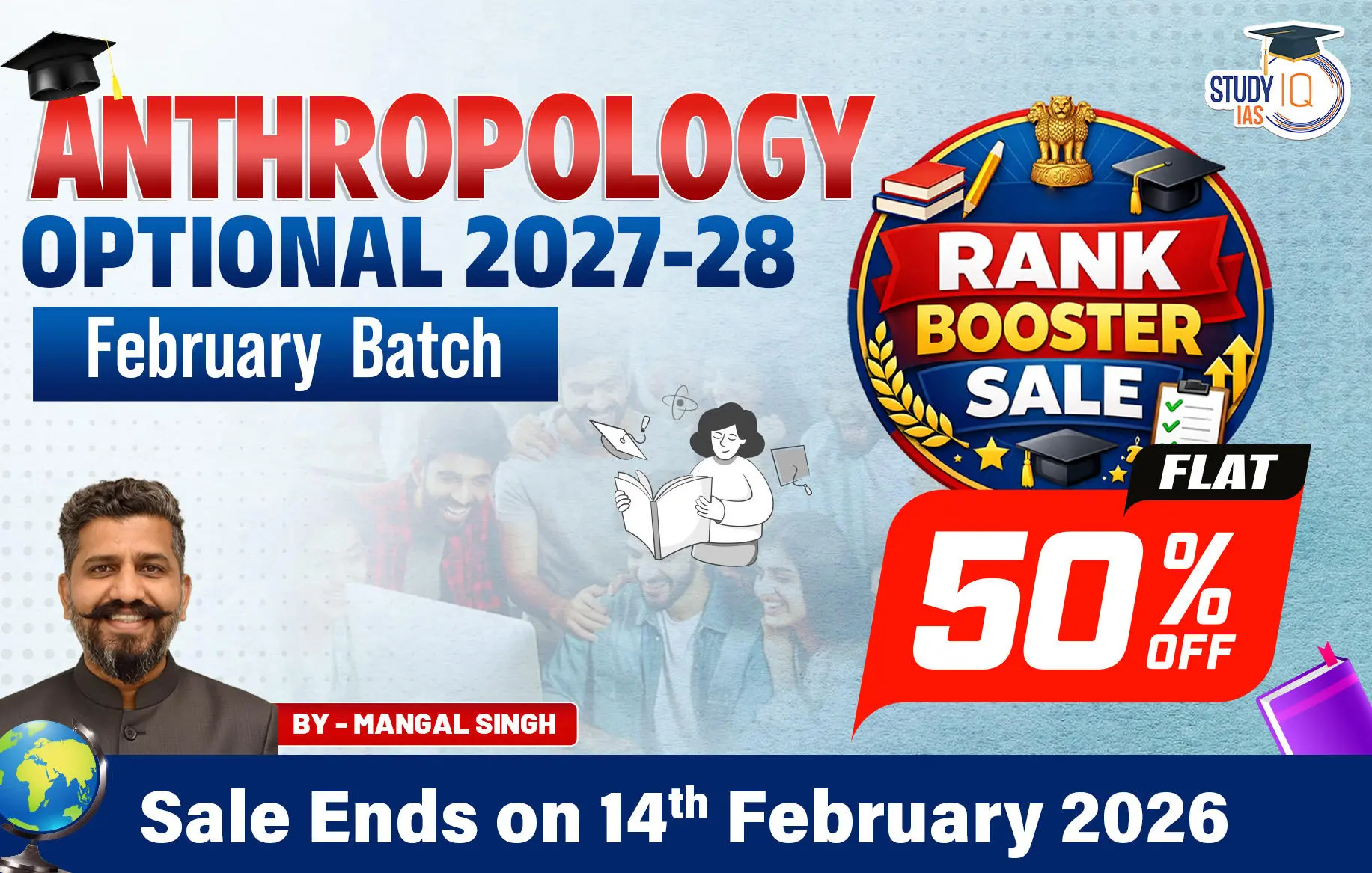Table of Contents
Context: The World Trade Organization’s apex decision-making body concluded its latest meeting with minimal progress on crucial global trade issues, despite an extra day of deliberations.
About WTO 13th Ministerial Conference (MC13)
| WTO 13th ministerial conference (MC13) | |
| Event date | February 26 to March 2, 2024 |
| Participants | Trade ministers of 164 member countries. |
| Location | Abu Dhabi, United Arab Emirates. |
| Purpose | To discuss the backdrop of the uncertain global economic situation due to the Red Sea crisis, the Ukraine-Russia war and the Israel-Hamas conflict. |
| Objective | At MC13, WTO members will have for the first time dedicated discussions on sustainable development. |
Global Trade Challenges
- Recent global events have significantly impacted the trading architecture, including conflicts, disruptions in critical shipment routes, and supply chain recalibrations to lessen dependency on single suppliers like China.
- A trend towards isolationist, tariff-heavy trade policies contradicts the WTO’s goal of promoting open trade for all.
- The Abu Dhabi declaration acknowledged challenges like the need for open, inclusive, and resilient supply chains but offered little concrete action.
- Divergences between the WTO’s 164 member countries persisted on most issues carried forward from Geneva (MC12), including areas of particular interest to India, such as a permanent solution in agriculture for public stock holding to ensure domestic food security or subsidies to the fisheries sector.
E-commerce and Dispute Resolution
- The exemption from customs duties on e-commerce will continue for at least two more years, despite India’s concerns over its impact on national revenue.
- Prospects for reviving the WTO’s defunct dispute resolution body remain low, despite commitments to restore it by 2024.
We’re now on WhatsApp. Click to Join
Achievements and Future Challenges
- India, in collaboration with South Africa, successfully blocked an attempt led by China to introduce an investment facilitation pact into the WTO framework.
- India needs to continue advocating for policy space in sensitive sectors, particularly agriculture.
- The WTO must intensify efforts to remain relevant in a polarised global context, moving beyond declaring biennial meeting failures as successes.

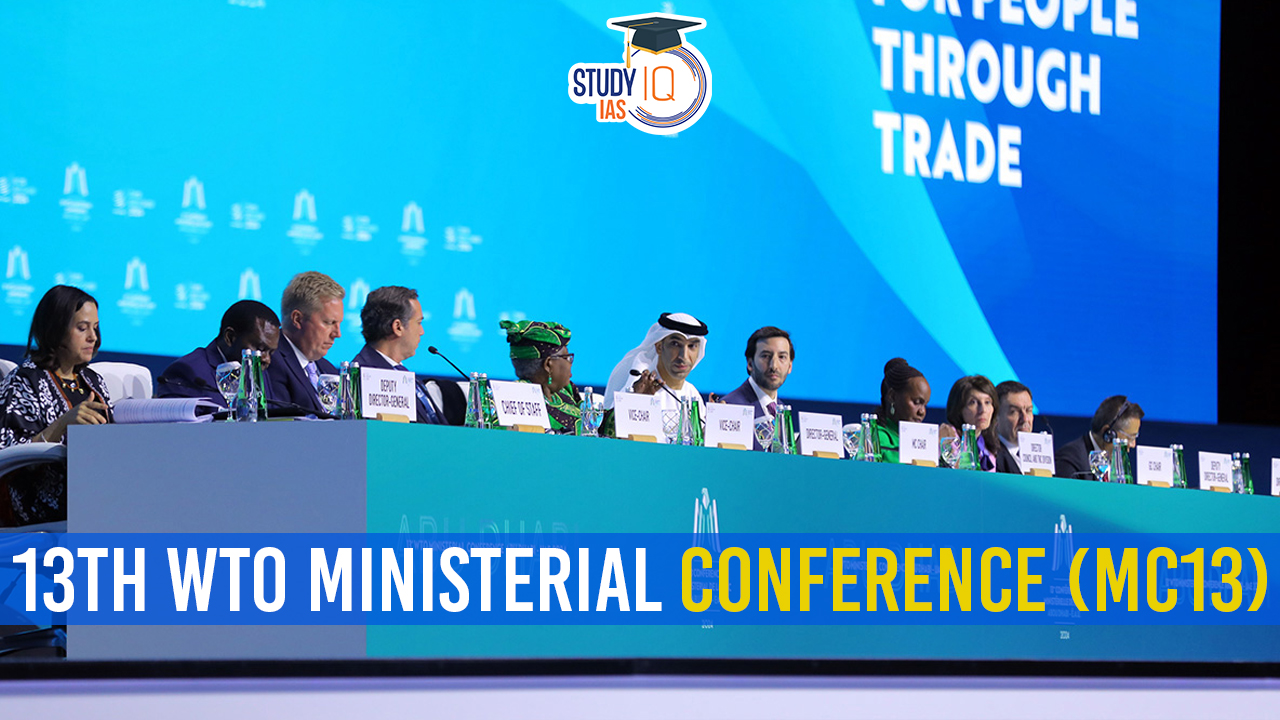
 One Lakh Crore Urban Challenge Fund Appr...
One Lakh Crore Urban Challenge Fund Appr...
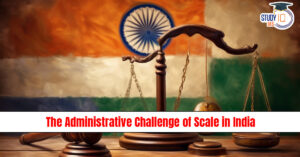 The Administrative Challenge of Scale in...
The Administrative Challenge of Scale in...
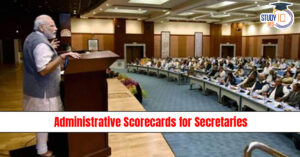 Administrative Scorecards’ for Secreta...
Administrative Scorecards’ for Secreta...


